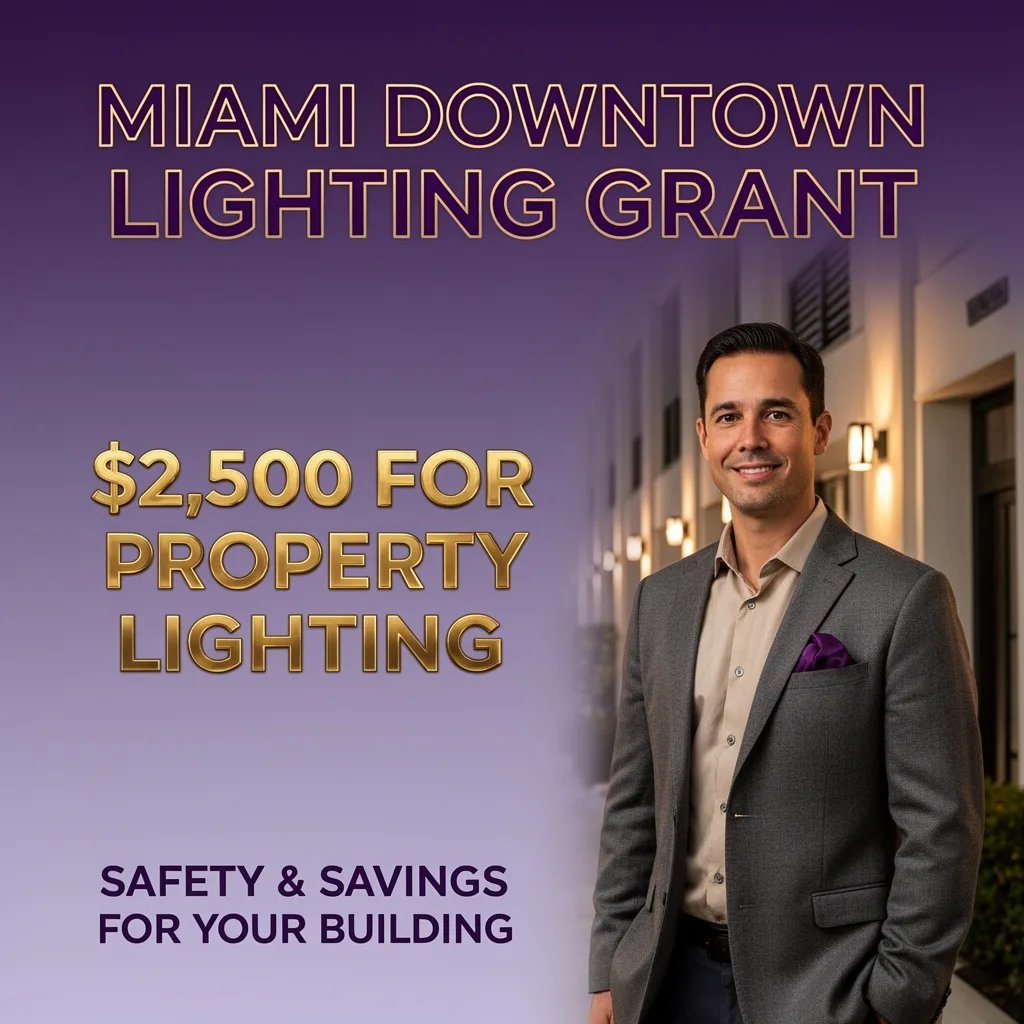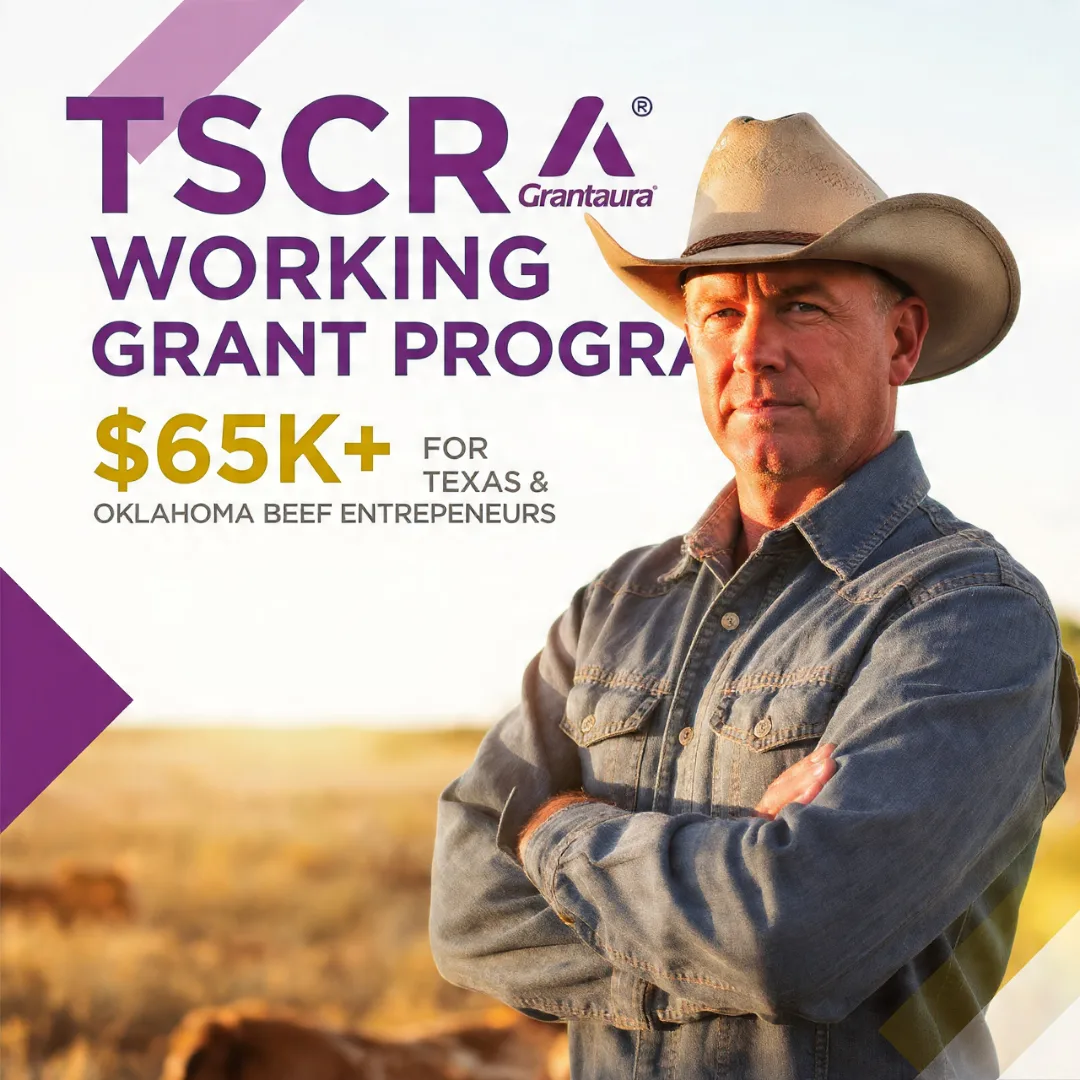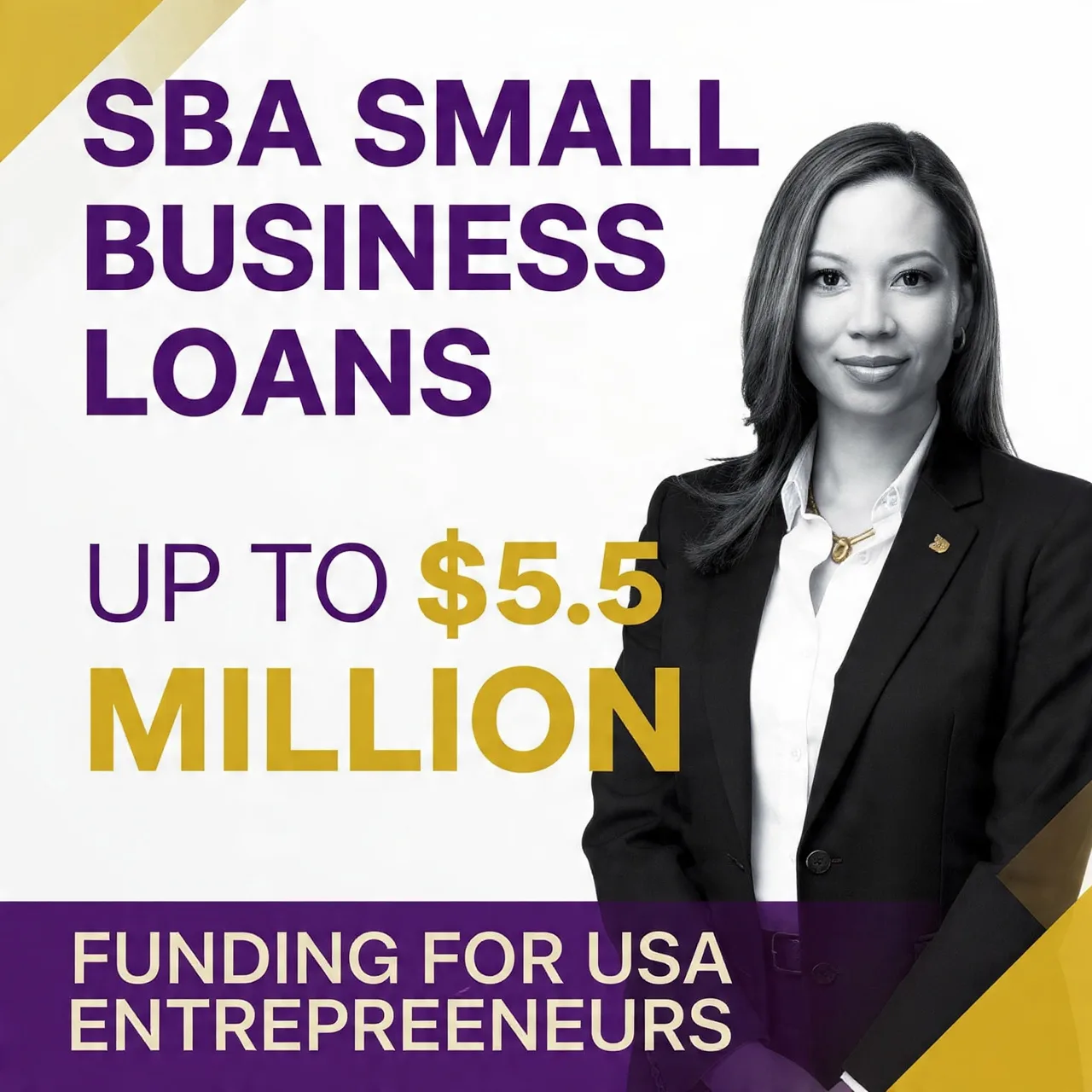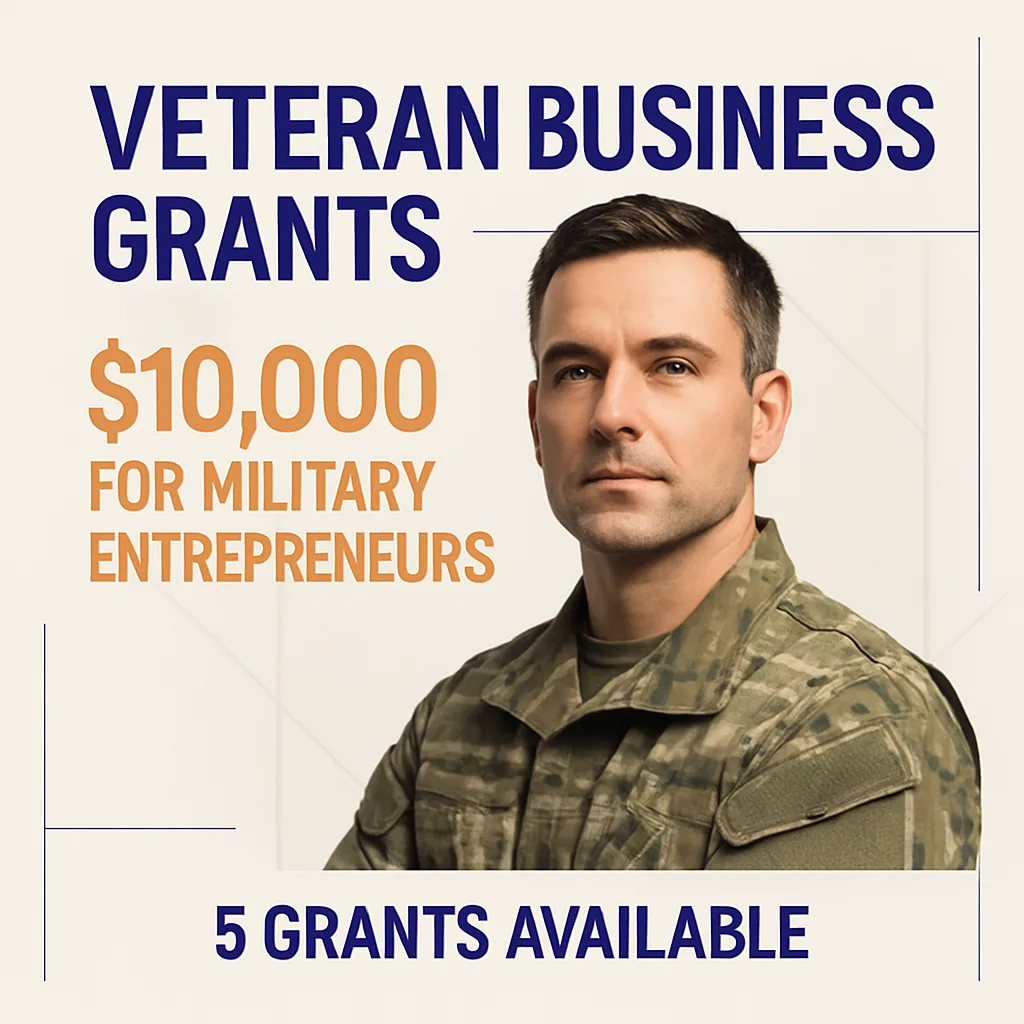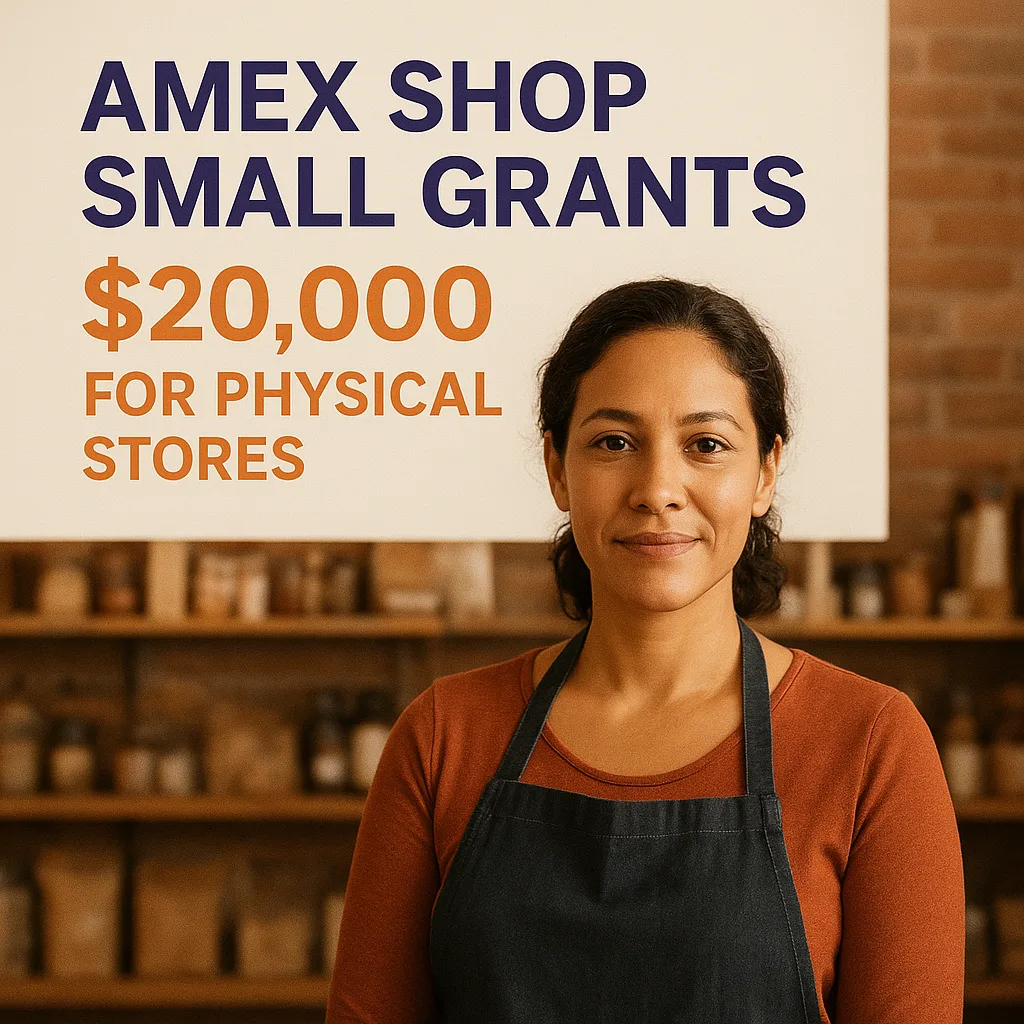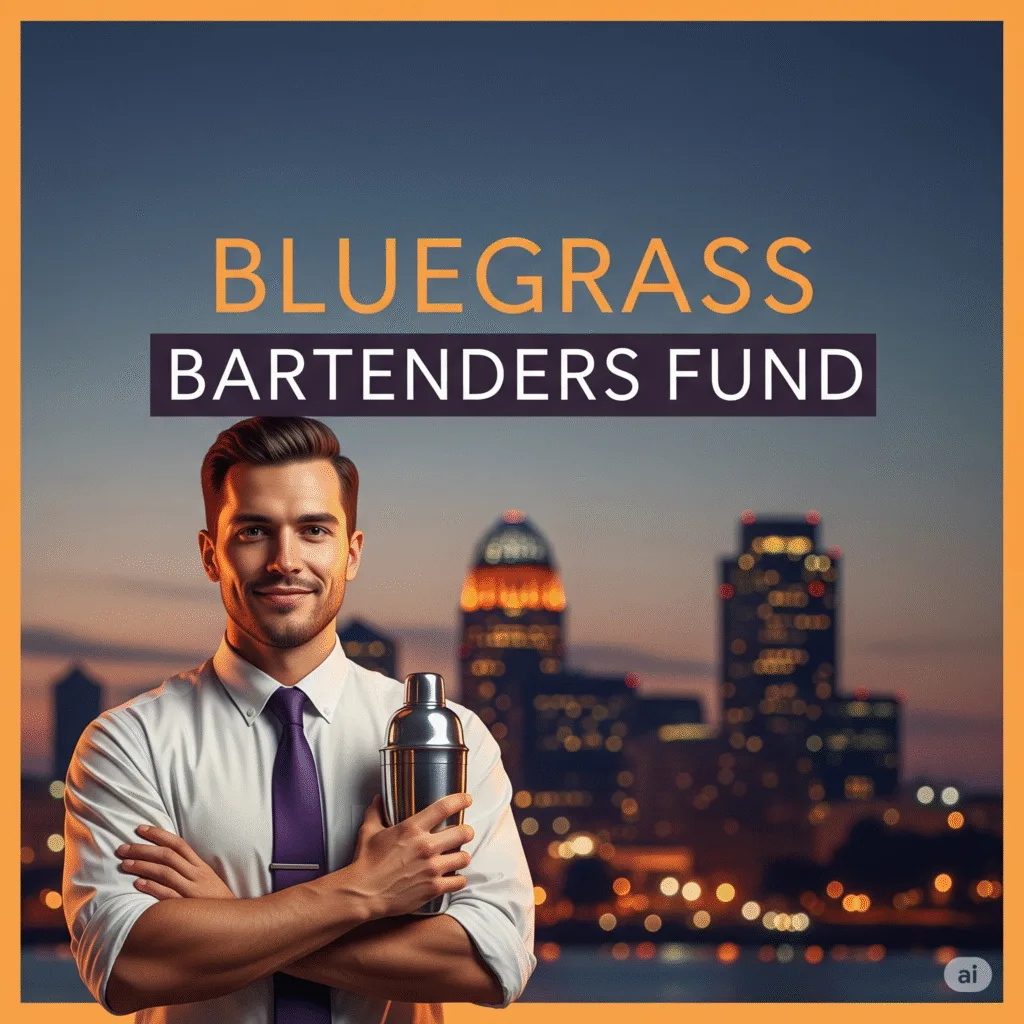
Bluegrass Bartenders Fund: Emergency Financial Hardship Grants for Louisville’s Hospitality Heroes
Get immediate financial hardship grants through the Bluegrass Bartenders Fund. One-time relief covering rent, medical bills, utilities. APPLY NOW!
Grant Overview
Immediate financial hardship grants supporting bartenders and bar staff facing crisis in Louisville’s independent spirit industry venues
Financial hardship grants can be a real lifesaver when you’re staring down an unexpected crisis, and that’s exactly what the Bluegrass Bartenders Fund is all about. If you’re slinging drinks or working behind the scenes at one of Louisville’s independent bars or restaurants, this program could be your safety net when life throws you a curveball. The fund, created through a partnership between The LEE Initiative and APRON Inc., delivers one-time grants to cover those essential living expenses that suddenly feel impossible to manage. Applications won’t open until late summer 2025, but knowing this resource exists can bring some peace of mind to Louisville’s hospitality community. Individual grants like this one are designed specifically for workers who rarely have access to traditional support systems.
Look, anyone who’s worked behind a bar knows how quickly things can go sideways financially. Your car breaks down the same week your hours get cut. A medical emergency hits and suddenly you’re choosing between rent money and prescription medication. Unlike loans, hardship grants offer financial help you don’t have to pay back, and that’s exactly what this program offers – one-time grants that cover essential living expenses without adding debt to your already tight budget. The emergency financial assistance landscape has evolved dramatically since 2020, but most programs still don’t understand the unique challenges hospitality workers face.
What sets this fund apart is the rolling application review process. When hospitality workers who lost their jobs or had their hours slashed need help, waiting for quarterly board meetings isn’t an option. The LEE Initiative and APRON Inc. designed this program around the reality that financial emergencies don’t follow administrative calendars.
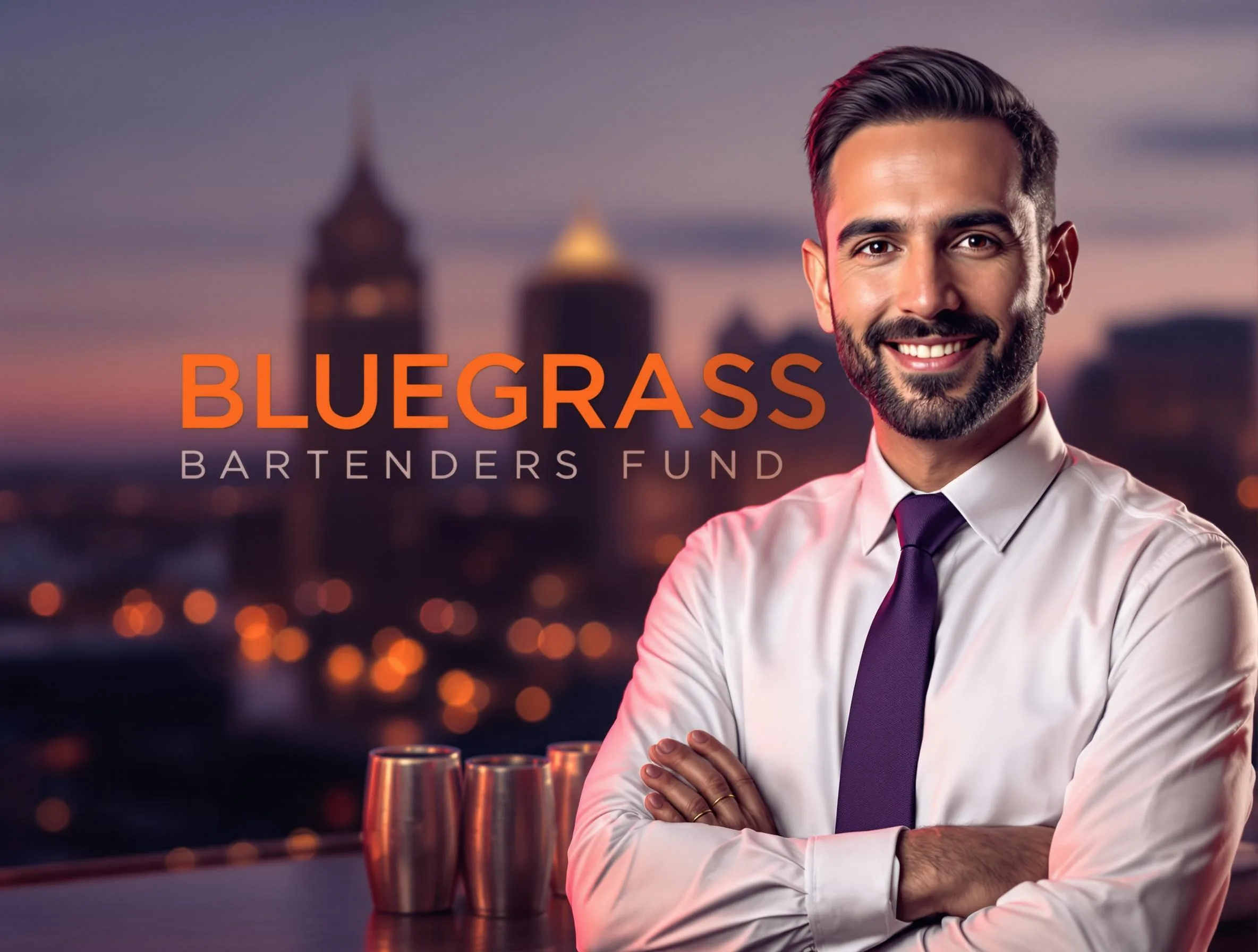
The LEE Initiative, founded back in 2017 by Chef Edward Lee and Lindsey Ofcacek, has been fighting for diversity and sustainability in restaurants for years. Their partnership with APRON Inc., which has been helping local food and beverage workers since 2011, creates a powerhouse team that knows exactly what hospitality workers need when crisis strikes. Emergency financial assistance programs like this one fill crucial gaps in our social safety net.
What They’re Actually Looking For
So what exactly makes someone a good fit for these financial hardship grants? The Bluegrass Bartenders Fund isn’t just throwing money at random people – they’re specifically targeting bartenders and bar team members who work at independently owned bars, restaurants, and venues right here in the Louisville Metro area. And we’re not talking about ongoing financial struggles either. This fund is for those moments when life completely derails – think medical emergencies, housing crises, or other catastrophic events that suddenly make it impossible to cover basic living expenses. Hardship relief programs typically focus on these sudden, unexpected crises rather than chronic financial issues.
Q: What exactly counts as a “financial hardship” for these grants?
A: Emergency expenses that threaten your basic living situation – rent, utilities, medical bills, car repairs needed for work.
Q: Do tips count as income when they review applications?
A: Specific income calculation details haven’t been released, but most hospitality relief programs understand tip-based income fluctuations.
What really sets this program apart is how deeply connected it is to Louisville’s hospitality community. The statistics are pretty sobering – according to recent data, nearly 45% of children live in households that struggle to cover usual expenses, and hospitality workers are often hit even harder. The industry has faced tremendous challenges, from the 2008 financial crisis to the COVID-19 pandemic, with many urban hotel markets still in what experts call a “depression” cycle. Bartenders and service staff often bear the brunt of these economic shifts without any real safety net. Kentucky grants like this one recognize that hospitality workers need specialized support systems.
Who Exactly Can Apply?
Let’s break down who actually qualifies for these financial hardship grants because the eligibility is pretty specific but straightforward. You need to work for an independently owned local restaurant, bar, or venue somewhere in the Louisville Metro area. The fund is designed specifically for spirit industry professionals – that means bartenders, barbacks, and other bar team members who are the backbone of Louisville’s nightlife and dining scene. If you’re working at a corporate chain or franchise, unfortunately this particular fund isn’t for you. Industry-specific assistance programs often have these kinds of targeted eligibility requirements.
The program specifically aims to help those experiencing significant hardships that threaten their ability to cover essential living expenses. We’re talking about sudden crises here – unexpected medical bills, emergency home repairs, or other catastrophic events that create immediate financial pressure. It’s not for ongoing financial struggles or situations within your control. The application process will likely require documentation proving both the triggering event and your employment status, so start gathering that paperwork now even though applications don’t open until late summer 2025. Emergency grants typically require this kind of verification to ensure funds go to those who truly need them.
Q: Who qualifies for the Bluegrass Bartenders Fund?
A: Bartenders and bar staff at independently owned Louisville Metro bars, restaurants, and venues facing significant financial hardship.
Q: What kinds of hardships does the fund cover?
A: Essential living expenses including rent, utilities, childcare, and medical bills resulting from unexpected crises.
Q: Do I need to repay the grant money?
A: No, these are one-time grants that do not require repayment.
Q: What if I work at a restaurant that also has a bar program?
A: As long as it’s independently owned and you work in beverage service, you likely qualify.
Q: Can managers or shift leads apply?
A: The program focuses on bar team professionals, but specific position eligibility will be clarified when applications open.
How the Money Actually Works
So let’s talk about the practical stuff – how much money are we actually talking about with these financial hardship grants? While the exact award amounts aren’t specified in current materials, similar programs through APRON Inc. typically provide grants ranging from a few hundred to several thousand dollars depending on the specific need and circumstances. The fund covers essential living expenses that become unmanageable during a crisis – rent or mortgage payments, utility bills, childcare costs, and medical expenses. The goal is pretty simple: help recipients get back on their feet without the burden of unmanageable debt or the stress of choosing which critical bill to pay. Emergency financial support programs like this one focus on preventing temporary setbacks from becoming long-term disasters.
Applications will be reviewed by APRON Inc. on a rolling basis once they open in late summer 2025. That’s actually pretty important because it means there’s no single deadline where everyone rushes to apply. Instead, applications are evaluated as they come in, with funds awarded based on availability and the urgency of each applicant’s situation. This rolling approach makes a lot of sense for emergency assistance – when you’re in crisis, waiting months for a decision just isn’t practical. The hospitality industry moves fast, and financial support needs to keep pace with that reality. Financial assistance programs that use rolling applications can often respond more quickly to urgent needs.
The Application Process Nobody’s Talking About
Applications open in late summer 2025, and that timing isn’t accidental. Many hospitality workers feel the financial crunch hardest during the slower fall and winter months after busy summer tourism seasons. The rolling review process means your application gets evaluated as soon as it’s complete, not stuck in some queue until the next committee meeting.
Here’s what most grant applications require, even when they don’t explicitly say it upfront: documentation of your employment, proof of the financial emergency, basic income information, and a clear explanation of how the grant money would solve your specific problem. Start gathering these documents now because when you’re in crisis mode, hunting down pay stubs and bank statements becomes one more stressful task. The U.S. Department of Education Provides various grant programs with similar documentation requirements, and preparation makes the difference between quick approval and delayed assistance.
The fund doesn’t publish specific award amounts, which is actually good news. It means they can tailor grants to actual need rather than arbitrary caps. Some people need $300 to keep their lights on, others need $1,500 to catch up on rent. Professional grant application assistance can help optimize your application, but the straightforward nature of emergency hardship grants often means you can handle the process yourself if you prepare properly.
Q: How long does the review process typically take?
A: Rolling reviews prioritize urgent situations, but specific timeframes haven’t been announced.
Q: Do I need to provide receipts for how I’ll spend the money?
A: Most hardship programs require documentation of expenses, but exact requirements will be clarified with applications.
Q: Can I apply if I’m already receiving other assistance?
A: Other income sources don’t usually disqualify you from emergency hardship grants, but full eligibility details aren’t available yet.
What Makes Louisville’s Bar Scene Special
Louisville has roughly 2,000 people working as bartenders according to recent Bureau of Labor Statistics data, and that doesn’t count the barbacks, bar servers, and other support staff who make the industry function. The median annual wage for bartenders nationally sits around $31,000, but that includes high-end establishments in major metropolitan areas. In Louisville, many bar professionals earn significantly less, especially when you factor in seasonal fluctuations and the impact of local events on tourism.
The bourbon tourism boom has created opportunities, but it’s also increased rent costs and living expenses faster than wages have kept pace. When tourists flood downtown for Derby season or bourbon events, hospitality workers see busier shifts but they’re also dealing with higher costs year-round. Government programs for living expenses including food stamps (SNAP), welfare (TANF), rent assistance, Lifeline, LIHEAP, and more exist at the federal level, but they often don’t address the specific timing and cash flow challenges hospitality workers face.
National emergency assistance programs tend to get overwhelmed during economic downturns, leaving local workers waiting months for help. The Bluegrass Bartenders Fund’s local focus means understanding these dynamics and responding appropriately.
The fund also recognizes something that larger programs often miss – the tight-knit nature of Louisville’s hospitality community. When someone gets help, they’re more likely to help others later. When Marie and Felicia were active in the community, they probably helped dozens of other people informally. This fund formalizes that spirit of mutual support.
The Economics Nobody Wants to Discuss
Let’s be honest about something most grant programs dance around – hospitality workers often don’t qualify for traditional financial assistance because their income looks decent on paper, but the reality of tip-based earnings, irregular schedules, and lack of benefits creates a unique form of financial vulnerability. You might have a great month during Derby week, but that doesn’t help when you’re short on rent in February.
Financial assistance to USA individuals working in the field of performing arts and entertainment. Funding is intended to assist individuals facing financial hardship due to unforeseen circumstances operates on similar principles – understanding that creative and service industries have income patterns that don’t fit traditional poverty metrics. The entrepreneurial support landscape has recognized this for years, but emergency assistance programs are still catching up.
The Bluegrass fund addresses this gap by focusing on the emergency itself rather than complex income calculations. When your car needs $800 in repairs to get to work, it doesn’t matter that you had a good weekend three weeks ago – you need help now.
A Look at Past Success Stories
While the Bluegrass Bartenders Fund is new, launching in 2025, it builds on the proven track record of its administrators. APRON Inc. has been providing financial relief to Louisville’s food and beverage workers since 2011, helping hundreds of hospitality professionals weather crises ranging from cancer diagnoses to devastating home fires. Their approach has always been personal and community-focused. When a local bartender named Felicia faced cancer treatment, APRON stepped in to cover her bills so she could focus on healing. When Chris suffered severe frostbite on his hands and couldn’t work, they provided the financial cushion he needed to recover. These stories reflect the kind of direct, compassionate support the Bluegrass Bartenders Fund aims to extend to Louisville’s bar community. Hospitality worker grants have made a real difference in many lives already.
The statistics behind these programs are pretty compelling. Since 2002, similar hardship relief programs have helped over 17,500 working Americans avoid the downward spiral that can lead from a temporary financial setback to devastating financial hardship. These programs give special priority to demographics that are frequently overlooked, including single persons without dependent children, women breadwinners, public school teachers, first responders, and veterans – individuals who contribute significantly to communities yet often struggle with inadequate compensation. The Bluegrass Bartenders Fund extends this same philosophy to Louisville’s spirit industry professionals. Emergency grants for specific professions recognize that different industries face unique challenges.
Connecting with Louisville’s Hospitality Network
The fund creates more than financial assistance – it builds community connections that provide ongoing support. Recipients often become advocates for other workers facing similar challenges. The fundraising events, like the dinner at 610 Magnolia Wine Studio on June 6, create opportunities for networking and mentorship that extend beyond the grant program itself.
APRON Inc. and The LEE Initiative both have broader missions beyond emergency assistance. Getting connected with their programming can provide ongoing resources for career development, industry networking, and continued support. It’s Year three of the Chapter Fundraising Initiative for the Bartender Emergency Assistance Program! The goal of this initiative is to encourage USBG Chapters, their leadership, and members, to contribute at least $500 per Chapter shows how industry organizations create sustainable support systems.
Q: Are there other similar programs I should know about?
A: The USBG Foundation runs national programs, and various local hospitality organizations offer different types of assistance.
Q: How can I stay updated on when applications open?
A: Check The LEE Initiative’s website and sign up for their mailing list for updates.
Q: What if I need help before applications open?
A: Look into other emergency assistance programs while waiting – many national organizations provide interim support.
The 3-Point Checklist for a Winning Application
When applications open in late summer 2025, having your documentation ready will be crucial. Based on APRON Inc.’s established guidelines for similar financial hardship grants, successful applicants typically need to demonstrate three key things. First, clear evidence of the triggering event – whether that’s medical records, police reports, or other documentation showing what caused your financial hardship. Second, proof of your employment at an independently owned Louisville Metro establishment serving spirits. Third, documentation of the specific expenses you need help covering, along with evidence that you’ve exhausted other available resources. Disaster relief applications often require similar documentation.
The application process is designed to be thorough but not overwhelming. APRON Inc. has years of experience evaluating hardship applications and understands that when you’re in crisis, complex paperwork is the last thing you need. Their team works to make the process as straightforward as possible while ensuring funds go to those who truly need them. The hospitality industry operates on tight margins and tighter schedules – bartenders and bar staff often work long, irregular hours that make navigating bureaucratic systems particularly challenging. This fund recognizes those realities and aims to streamline the process as much as possible. Nonprofit assistance programs that understand their target audience’s specific challenges tend to be more effective.
Timeline/Key Dates
– Applications Open: Late Summer 2025
– Application Review: Rolling basis (ongoing after opening)
– Fund Distribution: Based on availability and urgency of need
– Fundraising Dinner: June 6, 2025, at 610 Magnolia Wine Studio
Common Mistakes to Avoid
When applying for financial hardship grants like the Bluegrass Bartenders Fund, certain missteps can delay or derail your application. Based on similar programs, here are key pitfalls to avoid. First, don’t wait until you’re completely overwhelmed to apply. The fund is designed for immediate crises, so applying as soon as you recognize you need help is crucial. Second, be thorough but honest in your documentation. Incomplete applications or inconsistent information can slow down the review process when you need help most. Medical emergency grants often see these same application challenges.
Finally, understand what the fund can and cannot cover. These grants aren’t for ongoing financial struggles, elective medical procedures, or situations within your control like routine car maintenance. They’re specifically for unexpected, catastrophic events that create sudden financial hardship beyond what you could reasonably anticipate or prevent. The hospitality industry faces unique financial pressures – with nearly 21 of the top 25 U.S. hotel markets still in depression or recession according to recent data, the ripple effects are felt throughout the service industry. Bartenders and bar staff often experience these economic shifts first and hardest. Housing assistance programs and other targeted relief efforts recognize these industry-specific challenges.
Q: Can I apply if I work at a corporate chain restaurant?
A: No, the fund specifically serves employees of independently owned local establishments.
Q: How quickly can I receive funds after applying?
A: While exact timelines aren’t specified, APRON Inc. typically processes applications as quickly as possible given the urgent nature of hardship situations.
Q: What if my hardship isn’t medical or housing-related?
A: The fund covers various essential living expenses during crises. Contact them directly to discuss your specific situation.
Building a Stronger Hospitality Community
The Bluegrass Bartenders Fund represents more than just financial assistance – it’s about building a safety net for an industry that often operates without one. Bartenders and bar staff are the heart of Louisville’s nightlife and dining scene, yet they rarely have access to the kind of benefits and protections that workers in other industries take for granted. The restaurant industry employs over 10% of the workforce and generates 4% of the national economy, yet it’s characterized by uneven access and structural instability. This fund aims to address some of those imbalances at the local level. Food assistance programs and other relief efforts help create more stability for service workers.
This fund, created in honor of Marie Zahn and Felicia Corbett – beloved members of Louisville’s hospitality community – embodies the spirit of mutual support that makes the local food and beverage scene special. It recognizes that when one member of the community struggles, the whole community feels the impact, and when we lift each other up, everyone benefits. The statistics on financial hardship in America are sobering – 45% of all children live in households that report difficulty covering usual expenses, and rates are even higher for hospitality workers who often live tip-to-tip with little financial cushion. Programs like the Bluegrass Bartenders Fund help create the stability that allows workers to stay in the industry they love even when life gets difficult. Utility bill assistance and other targeted relief efforts address specific aspects of financial hardship.
For those interested in supporting the fund beyond applying for assistance, there are opportunities to contribute. A fundraising dinner will be held at 610 Magnolia Wine Studio on June 6, 2025, with tickets available through The LEE Initiative’s website starting March 1. Additionally, an online auction is currently running, offering unique experiences like barrel selection opportunities with renowned distilleries. The hospitality industry has always been about community – about gathering, sharing, and supporting one another. The Bluegrass Bartenders Fund extends that same spirit of mutual aid to the financial realm, creating a support system that reflects the best of what Louisville’s hospitality community stands for. Louisville grants and local assistance programs strengthen the entire community fabric.
Honestly, putting together a proposal for financial hardship grants can feel completely overwhelming when you’re already dealing with a crisis. The paperwork, the documentation, the uncertainty – it’s a lot to handle when you’re just trying to keep your life together. If you’re serious about applying for the Bluegrass Bartenders Fund and want a second pair of expert eyes on your application, that’s exactly what we do at Grantaura. Our team has helped over 300 clients navigate the grant application process with a 4.9/5 rating, so we know how to cut through the bureaucracy and get results. A little bit of help on the grant application can make all the difference between getting approved and getting rejected. Just something to think about. CLICK HERE to get the GRANT PROPOSAL WRITING help.
Donor: The LEE Initiative, APRON Inc.
Focus: financial hardship grants, hospitality worker relief, emergency assistance, bartenders, Louisville, spirit industry, crisis support
Region: Louisville Metro, Kentucky, United States
Eligibility:
– Bartenders and bar team members at independently owned bars, restaurants, or venues
– Must work in the Louisville Metro area
– Must be experiencing significant financial hardship due to unexpected crisis
– Hardship must be beyond applicant’s control
– Must need assistance with essential living expenses
Benefits:
– Financial Award: One-time grants for essential living expenses (amount varies based on need)
– Community Support: Connection to Louisville’s hospitality support network
– Quick Response: Rolling application review for urgent situations
Deadline: Ongoing
More Grants:
– Bill Pulte Foundation Financial Hardship Grants provide emergency relief for unexpected crises, offering direct financial assistance for housing, utilities, medical bills, and funeral costs when you need it most.
– Modest Needs Self-Sufficiency Grants support working individuals living paycheck to paycheck, helping cover unexpected expenses that could otherwise lead to financial devastation.
– VFW Financial Assistance offers $1,500 emergency relief grants for active-duty military personnel facing unexpected financial challenges.
– Binc Foundation Grants provide emergency financial support for bookstore and comic shop employees facing unexpected hardships, covering housing, medical, and utility expenses.
– American Legion Auxiliary Emergency Fund offers up to $3,000 in emergency financial assistance for members facing natural disasters or personal financial crises.
– Individual Grants category on Grantaura features numerous financial hardship grants for various personal crises and emergency situations.
– Kentucky Grants include additional financial hardship grants specifically for residents of the Bluegrass State facing unexpected emergencies.
– Emergency Grants category features immediate financial assistance programs for various crisis situations.
– Louisville Grants include local financial hardship resources specifically for residents of the Louisville Metro area.
– Rauschenberg Medical Emergency Grants provide up to $5,000 for visual artists, choreographers, and filmmakers facing medical emergencies.
– IFW4LA Fire Relief Grants offer emergency financial assistance for Los Angeles businesses affected by wildfires, with expert guidance on applications.
– The WealthySingleMommy Grant provides $500 monthly support specifically for single mothers in hospitality who face the dual challenge of irregular work schedules and childcare responsibilities, offering unrestricted funding that works alongside emergency hardship grants for comprehensive financial support.
– Small restaurant and bar owners should explore the NASE Grant Program which provides $4,000 monthly opportunities for business project funding, including equipment repairs, marketing initiatives, and operational improvements that help hospitality businesses weather seasonal fluctuations and unexpected challenges.
– For hospitality workers considering entrepreneurship, various small business grant categories provide startup capital, equipment funding, and operational support specifically designed for restaurant, bar, and food service ventures. These programs recognize that experienced hospitality workers often have the skills needed to succeed as business owners with appropriate financial backing.
Finding the right financial hardship grants can make all the difference when facing unexpected crises. Grantaura’s free platform offers hundreds of grant opportunities, with new ones added regularly. Our expert team has helped over 300 clients secure funding with a 4.9/5 rating, so you can trust us to connect you with legitimate financial assistance programs that match your specific situation. Whether you’re dealing with medical bills, housing emergencies, or other unexpected expenses, there are resources available to help you get back on your feet.
Terms:
– Financial Hardship: A severe financial difficulty caused by unexpected circumstances beyond your control, making it impossible to cover essential living expenses.
– One-time Grant: A single payment of financial assistance that does not need to be repaid, designed to address immediate crisis needs.
– Financial Hardship Grants: Emergency funding assistance providing immediate cash support for individuals unable to pay essential living expenses due to unexpected circumstances, medical emergencies, job loss, or other financial crises that threaten basic survival needs.
– Rolling Application: A process where applications are reviewed as they are received rather than waiting for a specific deadline.
– Essential Living Expenses: Basic costs necessary for survival and wellbeing, including housing, utilities, food, medical care, and childcare.
– Independently Owned: A business that is locally owned and operated, not part of a national or corporate chain.
– Spirit Industry Professionals: Workers involved in the service of alcoholic beverages, including bartenders, barbacks, and other bar staff.
– Catastrophic Event: A sudden, severe occurrence that causes significant financial hardship, such as serious illness, accident, natural disaster, or death in the family.
– Financial Relief: Assistance provided to alleviate financial stress and help individuals regain stability after a crisis.
– Community Support: Resources and assistance provided by local organizations and individuals to help those in need within a specific geographic area.
– Emergency Assistance: Immediate financial help provided during urgent situations to prevent further hardship or crisis.
– Hardship Documentation: Evidence proving both the cause of financial difficulty and the specific expenses needing assistance.
– Eligibility Requirements: Specific criteria that applicants must meet to qualify for financial assistance programs.
– Application Review Process: The method by which grant applications are evaluated to determine eligibility and appropriate assistance levels.
– Fund Distribution: The method and timeline by which approved grant funds are provided to recipients.
– Hospitality Community: The network of individuals and businesses involved in providing food, beverage, and lodging services.
– Financial Crisis: A situation where unexpected events create severe financial instability and threaten basic wellbeing.
– Grant Application: The formal request for financial assistance that provides details about the applicant’s situation and needs.
– Support Network: The system of organizations and individuals available to provide assistance during difficult times.
– Financial Stability: The state of having reliable income and resources to cover essential living expenses without crisis.
– Unexpected Expenses: Costs that arise suddenly without warning, creating financial strain for unprepared individuals or families.
– Community Fundraising: Events and activities organized to raise money for local assistance programs and community support initiatives.
Author: Imran Ahmad knows firsthand how quickly life can change for hospitality workers. Having grown up in a family of restaurant owners, he saw dedicated staff face everything from medical emergencies to natural disasters with no financial safety net. That’s why he founded Grantaura—to connect hardworking people with the financial hardship grants they need when crisis strikes. With over 300 successful grant applications under his belt, Imran specializes in cutting through bureaucracy to get help to those who need it most, especially the unsung heroes of Louisville’s vibrant hospitality scene.
Who Can Apply?
How to apply for this grant?
We are your trusted grant application partners. You can navigate the entire grant application process with our expert guidance through this simple 5-step process.
Step 1: Application Form
Fill out the "Apply for this grant" form with your information and grant requirements.
Step 2: Eligibility Assessment
Our grant experts will assess your eligibility and notify you via email.
Step 3: Expert Consultation
A dedicated grant expert will be assigned to discuss next steps for your application.
Step 4: Application Submission
Our expert will help you complete and submit your application with all required materials.
Step 5: Final Decision
The grant committee will make their decision and notify successful applicants.





